|
THE GREEK KITCHENWelcome to the Greek Kitchen! By now you're probably developing a love of Greek food and maybe you're wondering how easy is it to follow a Greek diet. What do we need to stock in our kitchen to cook Greek Cuisine and to be able to follow the Greek way of eating? Come with me and lets take a peak inside a typical Greek Kitchen! In the PantryOf course like everyone, a Greek kitchen will always keep in stock the main staple ingredients for everyday Greek cooking.
Rice - Rizi- round or medium grain for desserts like Rice Pudding, long grain is used for stuffings and pilafs Flour - Alefri - as most meals are cooked from scratch they use a lot of flour, plain flour mostly, adding baking powder for cakes etc Semolina - Symigdali - also used in baking Tins or jars of tomato puree, and capers
ground cinnamon, cinnamon sticks, cloves, allspice, nutmeg - whole and freshly grated for each use. Paprika, ground
anise, coriander - whole and ground, saffron, salt and black pepper. Herbs - Votana - oregano (rigani), thyme, basil - although these are all used as dried herbs - which intensify the flavours, they will have taken the fresh herbs and hang them to dry themselves rather than buying the packaged dried variety
Packets of french toast and paximadia - a wholeweat rusk. Nuts - Kseri Karpi - walnuts, pistachios and almonds - all grown in Greece and used abundantly in Greek meals and desserts, as well as for snacks or to serve with alcoholic drinks
Red wine - Kokkino Krasi - for drinking and cooking!
Fresh loaf of bread (or two)! - Psomi - depending on the size of the family of course, but bread is eaten with every meal, so a daily visit to the bakery is the norm for every Greek family. Its fresh, crusty and very tasty. The white, doughy, sliced, packaged stuff we call bread has not made much of an impression in Greece - once you've tasted their bread, you'll understand why! In the Fridge
Milk - Gala - not used much in drinks or cereals, mostly for dishes with bechamel sauce such as Moussaka
Greek yogurt
is natural, thick and very tasty - used for a simply divine dessert, breakfast, tzatziki.
Butter - Voutiro - olive oil is used far more than butter for cooking in Greece, some desserts do use butter Eggs - Avga - used quite a lot in Greece - good protein source instead of red meat which is eaten less frequently, used for light meals such as boiled, fried, or omelette, and in sauces such as Moussaka and Pastitsio and many desserts
Filo Pastry
- used for pies and desserts, most people will save time and buy pre-made pastry to be either kept in the fridge or freezer. Fruit and Vegetables - Frouta kai Lahanika
Every area in Greece, country towns and cities, still have a market day, where you can buy all the fresh fruit and vegetables that are in season.
lemons, potatoes, onions - red and brown,
figs, watermelon, peaches, nectarines, apricots, cherries, plums, pomegranate, apples, oranges, mandarines, grapefruits, quince
Outside - In Pots
The main secret to Greek cooking is using fresh, quality ingredients, hang a bunch of fresh herbs up to dry in the Greek Kitchen, for decoration and to freshen the air!
Most meals in Greek cooking are traditionally only prepared and eaten at certain times of the year. This was due to the seasonal supply of fruit and vegetables and other ingredients. Although now more readily available year round, this tradition is still held with most Greeks prefering to eat only in season produce, a key factor in keeping variety to the meals, and ensuring they are eating the freshest, most natural ingredients. The Greek Kitchen is the heart of every Greek home! |





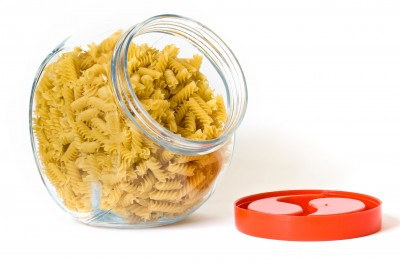 Pasta - Zimarika - although they have made and cooked fresh pasta, its not such an important ingredient and the dried packets of pasta
are the most popular. Greeks cook and eat plenty of pasta.
Pasta - Zimarika - although they have made and cooked fresh pasta, its not such an important ingredient and the dried packets of pasta
are the most popular. Greeks cook and eat plenty of pasta.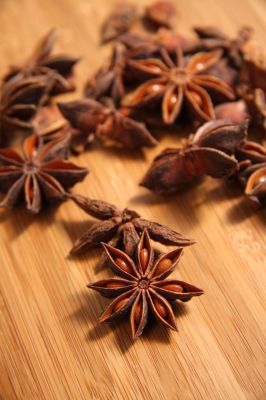 Spices - Baharika
Spices - Baharika Sultanas, currants, pine nuts, garlic, sesame seeds, honey - used abundantly in Greek cooking - as a spread on bread, to sweeten
instead of sugar, over
Sultanas, currants, pine nuts, garlic, sesame seeds, honey - used abundantly in Greek cooking - as a spread on bread, to sweeten
instead of sugar, over 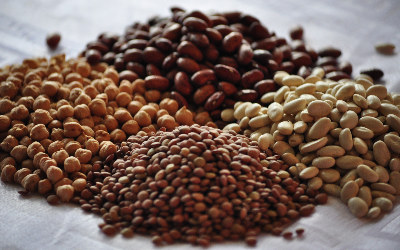 Legumes - Ospria - lentils, beans, chick peas -
Legumes - Ospria - lentils, beans, chick peas - 
 Olive oil - Eliolatho - extra virgin olive oil - used for dressings, to drizzle over food, and for many, many other uses! Pure or light olive oil - this is
best used for cooking and frying.
Olive oil - Eliolatho - extra virgin olive oil - used for dressings, to drizzle over food, and for many, many other uses! Pure or light olive oil - this is
best used for cooking and frying.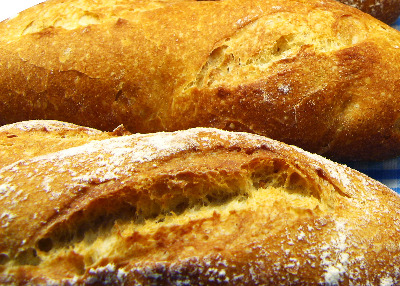

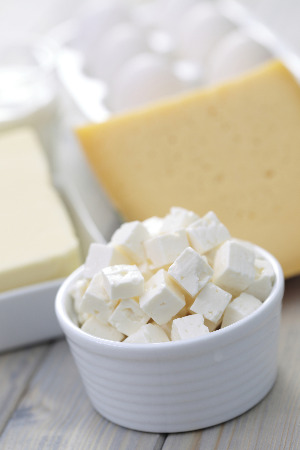 Cheese - Tyri
Cheese - Tyri Yogurt - Yiaourti
Yogurt - Yiaourti Olives - Elies - green and black - a favourite with every Greek, always a supply in the fridge for salads or snacks.
Olives - Elies - green and black - a favourite with every Greek, always a supply in the fridge for salads or snacks.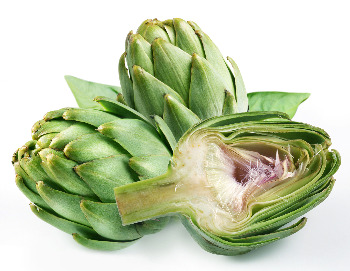 Depending on what
Depending on what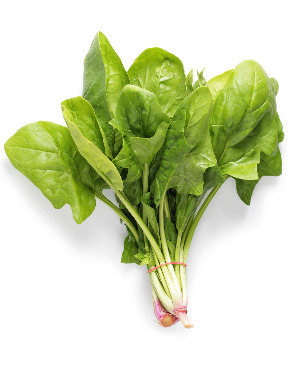 is in season you will find a good supply of a variety of fresh fruit and vegetables in the Greek Kitchen.
is in season you will find a good supply of a variety of fresh fruit and vegetables in the Greek Kitchen.
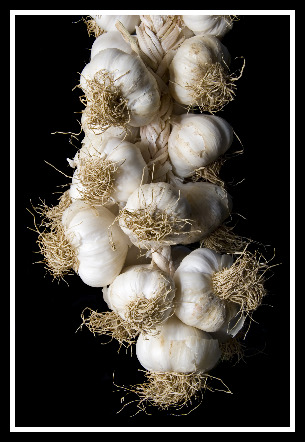
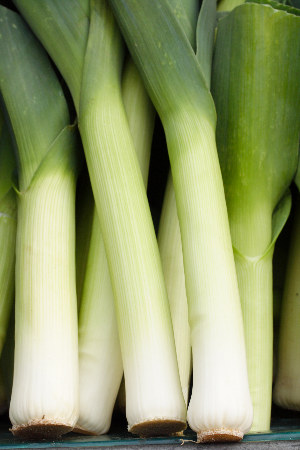





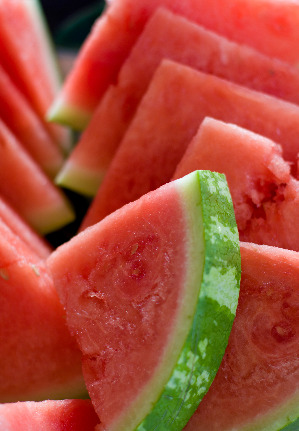


 Herbs - oregano, parsley, dill, rosemary, basil, mint, coriander - these fresh herbs are used often in Greek cooking and most Greeks
will try to keep some fresh herb plants growing, even if they only have a balcony! The flavour of freshly picked herbs in a home
cooked meal is well worth the little effort of growing your own.
Herbs - oregano, parsley, dill, rosemary, basil, mint, coriander - these fresh herbs are used often in Greek cooking and most Greeks
will try to keep some fresh herb plants growing, even if they only have a balcony! The flavour of freshly picked herbs in a home
cooked meal is well worth the little effort of growing your own.
















New! Comments
Have your say about what you just read! Leave me a comment in the box below.